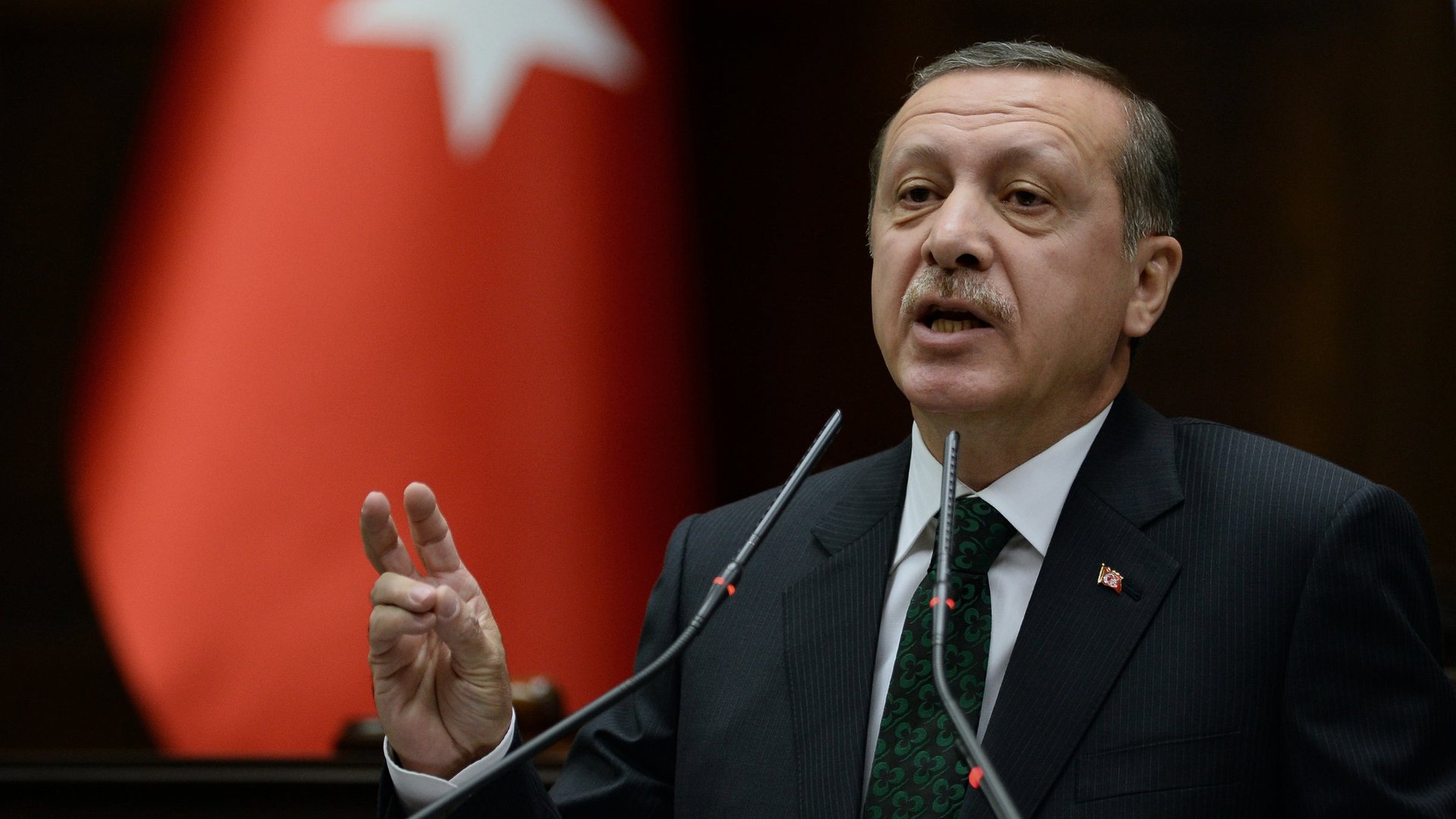Behind the facade of Turkey’s recent economic growth
Numbers do not lie, but they do deceive.


Numbers do not lie, but they do deceive.
Turkey’s GDP has more than doubled in the last decade, the International Monetary Fund expects the Turkish economy to grow by 3.4% and 3.7% in 2013 and 2014, respectively. As of May 2013, Turkey finished paying off all of its $412 million in debt to the IMF. But while these economic indicators seem to justify the euphoria and self-assuredness that have exuded from prime minister Recep Tayyip Erdoğan and his supporters, they only tell part of the story.
Turkey’s external debt has ballooned to record levels, and now is equivalent to 51% of the country’s GDP. Unemployment levels have been no less alarming, either. The unemployment in Turkey remains at 9.4%, and Turkish women suffer the highest unemployment rate across all OECD member nations.
Behind the façade of economic growth is a surge in civil discontent over the ruling Justice and Development Party’s (AKP) anti-democratic policies. In response to police brutality against peaceful protests in Istanbul’s Gezi Park on May 31, hundreds of thousands of people have taken to the streets in 48 cities across Turkey. Two weeks later, Erdoğan and his ministers still seem to be at a loss as to why a small protest has morphed into a country-wide anti-government rally in just days. But the answer is all around them: Turks are tired of Erdoğan’s gradual yet systematic infringement on private lives and democratic rights.
Four years ago, Turkey’s leading media mogul Aydın Doğan was fined roughly $500 million for tax irregularities. The amount was unprecedented in Turkish history and many, including Doğan himself, held that it was merely a power play to silence his media empire, which had been critical of Erdoğan’s regime. And as of 2012, Turkey had the largest number of jailed journalists in the world—more than Iran and China. According to the Press Freedom Index, Turkey ranks in the bottom 14%. Rather than embracing their critique, Erdoğan has chosen instead to shoo his dissenters aside.
And the government’s encroachment on private lives is becoming more blatant every day. Erdoğan has repeatedly urged that women have at least three children, going as far as pushing through a law that offers tax cuts to families that comply. Last month, subway authorities in Ankara reprimanded a couple for kissing in public. And just a few days ago, the AKP proposed a law that grants Turkey’s National Intelligence Agency (MIT) unilateral authority to carry out operations against any citizens deemed as a threat to national interests. What exactly “threat” and “national interests” mean are no doubt purposefully made ambiguous.
In order to understand the AKP’s anti-democratic stance one needs only to listen to Erdoğan’s speeches. The prime minister’s “one-man show” is manifest in his constant use of the first person singular pronoun. Phrases like “my police,” “my minister,” “my party,” “my governor,” and “my representative” are used frequently during his addresses. Most recently, in his increasingly inflammatory style, Erdoğan underhandedly threatened the Gezi Park protestors by claiming that he can hardly keep “[his] 50%” from taking to the streets, referring to the number of votes AKP received in the November 2011 elections. How long can Erdoğan pretend he advocates democracy, when he is incapable of recognizing that if Turkey’s government is indeed democratic, it should serve its people above all else?
Erdoğan’s rise to power came with the promise of a stronger economy and, ironically, a stronger democracy. But, in a chilling speech delivered at the Muslim Arab Youth Association Conference in Ohio in 1996, Erdoğan described democracy as “a means to an end, not the end itself.” Another infamous remark by him likens democracy to a train. “Democracy is like a train. We shall get out when we arrive at the station we want.”
Now that he has largely accomplished the former, is it time to ditch the democracy train? And, if so, with what destination in mind? Many fear that Erdoğan has known the answer to these questions since before his reign. During a speech he made in 1997 as Istanbul’s mayor, Erdoğan thundered: “Our only goal is an Islamic state.”
What the Gezi Park protests have shown is that the citizens who are fearful of an increasingly anti-democratic government will unite around their common past and common sensibilities against the threat of losing their democratic rights. A seemingly progressive economy cannot be sustained without a united, democratic society to support it. Erdoğan needs to reconsider his definition of democracy. This might be a good time for him to step off the train and lend an ear to the people on the streets. Turkish people have realized that AKP’s economic growth plan means little if it requires sacrificing democratic freedom.